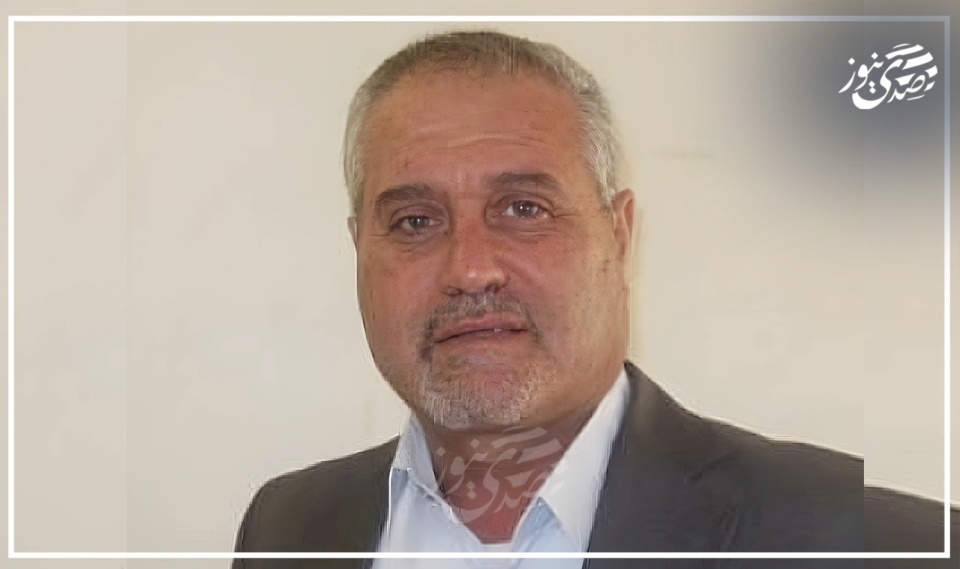
Taking from My Life and Giving It...
I have always heard the song by Ragheb Alama where he sings: "I take from my life and give it"! And I would always whisper to myself, saying: "It is impossible for a person to give their life to anyone, for each one of us has a limited lifespan, and one cannot dispose of it."
You can give gifts of every color, shape, and price, except from the years and days of your life; you cannot gift anyone even a minute.
I later discovered, after a life experience, that Ragheb Alama was right, and that a person can give from their life if they wish to do so, and often, they spend from their life against their will.
When a friend asks you to dedicate an hour of your time to review a material they wrote, for example, and asks you to help them organize it, you have given that friend an hour or hours of your life. And when you travel for work and you face a traffic jam for more than an hour, you have granted the road an hour of your life.
Traffic jams have turned into a serious epidemic that steals hours of our lives without consideration.
I believe there is a major flaw for which the officials in the Ministry of Transport should be held accountable, those who plan and execute these projects. Many are losing an additional hour of their life due to traffic jams, and some may waste an hour and a half on the way to and from, and even more in the jams that have become a normal situation in the country, even on the highways.
Someone who spends an hour and a half a day in traffic jams means around 550 hours a year, which equals 23 days of their life in a single year. This means millions of workdays, in addition to the significant material losses represented by the fuel consumed during these jams, and the delays in reaching workplaces or appointments.
However, the most dangerous aspect is the nervous condition prevailing on the streets. Everyone whose movement has been hindered by traffic jams seeks alternative routes and shorter paths, and whenever they get the chance to speed up, they press the accelerator more to close the time gap created by the traffic jam. This is why, after emerging from the jams, you see thousands of cars morph into city-crossing rockets, trying to beat the light before it turns from green to red, and from distant distances, or trying to overtake a few trucks and cars in front of them, all while being pursued by others who try to overtake them, flashing their headlights for them to move aside because another rocket is coming up from behind. They are forced either to slow down or to flee from their path and make way for them.
You hear on the radio a bulletin about the state of the streets, mentioning dozens of intersections and streets that are witnessing traffic congestion, until it seems that the entire country is in a state of congestion.
It is strange that a country that is very advanced globally in important fields like precision industries is failing to solve the transportation dilemma.
This failure is not only between cities and on major streets, but also inside cities and villages as well. As for in the Arab towns, it is a different story. It is a catastrophic waste of time and nerves in every sense of the word.
When the construction phase starts on internal streets, it takes unreasonable periods, some of which extend to years.
Add to this the speed bumps in our streets, which are set up to force drivers to reduce speed, yet most of them are made haphazardly and chaotically, as if the one who establishes them wants cars to stop, not to slow down, and in some cases, to crash. Despite the existence of known standards for these bumps, you rarely find them in an Arab village. The local authority bears some responsibility, as well as the residents.
Some claim that the Arab driver, especially the younger generation, needs these bumps! Because they do not adhere to the speed limit in populated areas!
Well, but what happens after the bump? Will they not return to speed again?
Yes, we need bumps, but according to professional standards.
This brings us back to the ethics of driving and behavior on the road, which does not absolve officials from the chaos that continues for years to re-pave or widen a road, to the point that reaching some streets has become a genuine suffering for people.
Adding to this, many drivers do not recognize traffic signals within Arab towns, and it is not uncommon to see cars driving in the opposite direction, instead of making a long detour around the town to cover a distance of one hundred meters.
It is nice to give hours of your life to your friends, and days, months, and years to your family members, but wasting your time and nerves in traffic jams, and waiting long due to poor planning and timing for street expansion, is absurd.

With Leaders of His Army and Intelligence Present: Netanyahu Declares "War" on the Negev

Destruction of the Islamic Scene in the West

Media Deception… When Lies Are Cloaked in the Garb of Truth

Gaza Under Siege and Assassinations: Israel's Policy for Managing the Conflict

What is Required from Meladienov

My Friend... Maduro Was Taught a Lesson

The Burden of 2025 on the West Bank

